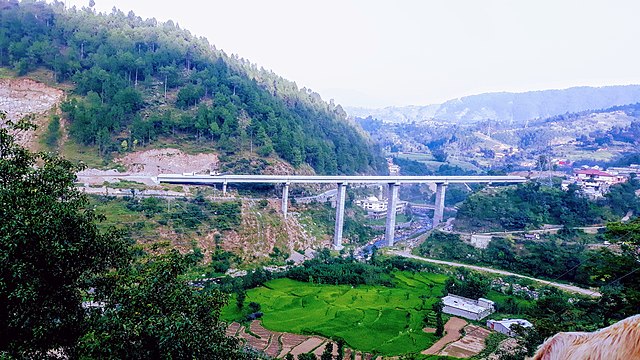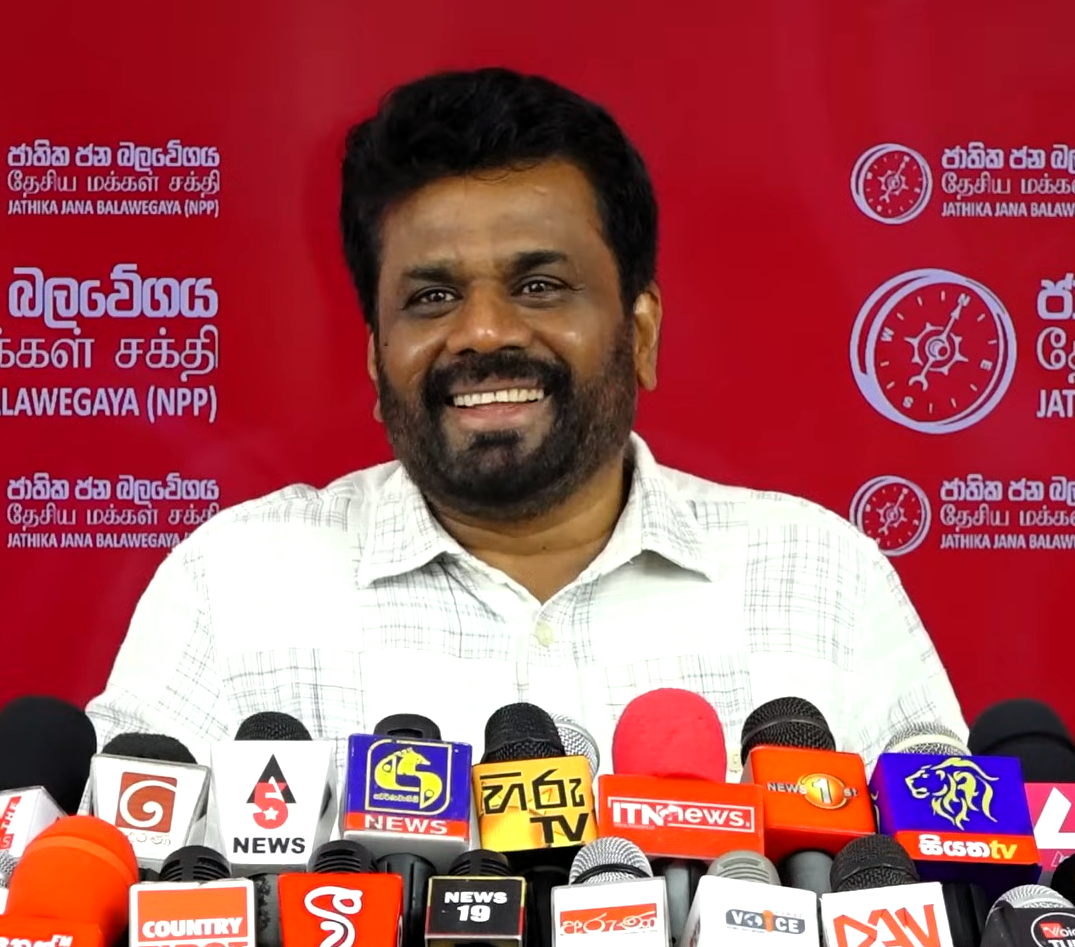Dr Dost Barrech and Joshua Bowes*
“Given the rich history of China-Pakistan relations, it is imperative that the two ancient nations uplift one another, emboldening each other’s sovereignty in an effort to cultivate regional prosperity.“

Introduction
In the 1990s in his book “Bound to Lead: The Changing Nature of American Power” Joseph Nye first coined the term ‘soft power’ which is based on attraction and shunning coercion. Since the 1990s, soft power in international politics has received unprecedented traction. In the 21st century, seduction is more effective than coercion. Soft power cheaper than hard power can be used anytime and is sustainable in maintaining durable relations. The overlapping convergence of Pakistan’s interest with China impels the former to invest in the latter in soft power. Both countries lack understanding about each other’s civilizations, culture and history. Winning the hearts and minds of the Chinese for Pakistan is crucial in bolstering its relationships with China.
The Chinese are thrilled to travel abroad, with the country possessing the world’s largest outbound tourism industry, contributing massively to boosting the economies of other states. Beijing’s outbound tourism expenditure in 2019 culminated in 109.8 billion USD. The US, Japan, France and South Korea are the biggest beneficiaries of Chinese outbound tourism. However, Pakistan has utterly failed to coax Chinese travelers to visit the country. Facilitating the visits of the Chinese in summer holidays, particularly in the scintillating northern areas adjacent to China could be a mechanism for understanding Pakistan’s civilizations, culture, cuisine and people. By improving the security conditions of Balochistan, Chinese outbound tourism to Pakistan’s ancient lands and stunning coastal areas will be able to flourish, fostering a mutually beneficial interest for both Islamabad and Beijing.
Ancient History and Geoeconomic Relations
“Gandhara remained the birthplace of the Buddhist religion which currently is practiced in 29 countries across the globe. China possesses 245 million Buddhist worshipers, the visits of the Chinese pilgrims to Pakistan under the China-Pakistan Economic Corridor CPEC would bolster religious tourism.”
In the current global landscape, Pakistan is the only state in the world that simultaneously has the world’s two ancient civilizations, Gandhara and the Indus Valley civilization. Gandhara remained the birthplace of the Buddhist religion which currently is practiced in 29 countries across the globe. China possesses 245 million Buddhist worshipers, the visits of the Chinese pilgrims to Pakistan under the China-Pakistan Economic Corridor CPEC would bolster religious tourism. Morphing CPEC into a civilizational corridor is another avenue which requires introspection as far as Pakistan’s soft power in China is concerned.
The economy is a new form of soft power. With a total annual export of USD 30 billion and a whopping import of $81 billion, Pakistan is entangled in a trade deficit dilemma. The country’s trade deficit with nine regional countries has been rapidly widening. Surprisingly, manufacturing merely contributes 12 percent of the country’s economy. The import-oriented economy is eroding soft power and reflecting a consumer-driven economy. Islamabad’s main exports to China are still rice and cotton. The diversification of the economy requires serious efforts. Geopolitics and geoeconomics are the two sides of the same coin. Boosting the economy without political stability is simply out of the question. Over the 76-year history of Pakistan, among the 18 prime ministers of the country, none of them has completed his or her five-year tenure generating skepticism over the credibility of democracy. The 2024 election is considered the most rigged election in the annals of Pakistan. Rigged elections are the tip of the iceberg with growing attacks by the TTP increasing in extremity, denting Islamabad’s soft power projection. A complex security environment in Pakistan’s border areas massively complicates local diplomatic efforts with Islamabad’s neighbors. Continued challenges posed by terrorism and the separatist movement of the Baloch people convolute pathways to peace and stability in the region. The deadliest attacks orchestrated by Balochistan Liberation Army BLA on 26 August in Balochistan have shaken China’s confidence in Pakistan. Bear in mind, political stability has the potential to engender economic prosperity.
Promoting Cross-Cultural Exchanges
“Presently, thirty thousand Pakistani students are studying in China, but Pakistan yearns to host Chinese students. Student exchange programs ought to be two-way traffic – granting Pakistani scholarships to Chinese students”
Believing that Pakistan and China can understand one another without people-to-people cultural exchanges is naïve to believe. In Sino-Pak ties, cultural exchanges are an old phenomenon that commenced in the 2nd century BC and existed till the 16th century. The arrival of Buddhism in China remains the oldest cultural exchange. Currently, the Chinese language is believed to have been the largest communication tool across the globe. Language learning is essential in influencing others. As such, learning the language of rising power China within Pakistan will ease the difficulties in understanding Chinese foreign policy
Presently, thirty thousand Pakistani students are studying in China, but Pakistan yearns to host Chinese students. Student exchange programs ought to be two-way traffic – granting Pakistani scholarships to Chinese students would yield fruitful results in understanding Pakistan’s culture, language and history. Promoting joint research projects and collaborating on research including culture, history and linguistics will deepen the understanding of both parties.
Cricket & Mangoes: A Rich Past
In Sino-Pak relations, sports diplomacy is largely unexplored. Pakistan can share cricket expertise with China. Javed Maindad, an erstwhile Pakistani cricketer, states “China is already an associate member of the International Cricket Council (ICC) and the Asian Cricket Council (ACC), and from our expertise in the game of cricket they will learn a lot,” The US in 2024 hosted the T20 cricket World Cup. China’s engagement in sports diplomacy promotes cricket collaboration with Pakistan, with Beijing possibly hosting the next World Cup.
Having more than 24 varieties of mangoes, Pakistan is home to the fifth largest producer of the fruit. In the Cultural Revolution, the mango held paramount importance in China. On August 4, 1968, during the Cultural Revolution, the Pakistani foreign minister Mian Arshad Hussai gifted a crate of mangoes to Mao Zedong. Mao offered mangoes to the workers and showed his affection for the people. The mango turned out to be a political symbol that showed Mao’s love for workers.
“While the current state of Sino-Pak relations remains somewhat fragmented, there is an abundance of potential for both nations”
As such, Pakistan’s trade of mangoes to China will promote an export-oriented economy. Galvanizing Pakistan’s domestic economy towards a successful future rests on a foundation of a strong stream of exports and strategic investment in Chinese imports. While the current state of Sino-Pak relations remains somewhat fragmented, there is an abundance of potential for both nations to move forward positively together.
Old Friends: Forging a Prosperous Future
Improving political and economic crises, cajoling Chinese outbound tourism, projecting the Gandhara Civilization, fostering sports diplomacy and exports to China and promoting the Urdu language are the main components to be employed in winning the hearts and minds of the Chinese. Given the rich history of China-Pakistan relations, it is imperative that the two ancient nations uplift one another, emboldening each other’s sovereignty in an effort to cultivate regional prosperity.
*Joshua Bowes is a Research Associate with The Millennium Project’s South Asia Foresight Network (SAFN) in Washington, DC
*Dr Dost Barrech is currently serving as a lecturer at the International Relations (IR) Department, University of Balochistan, UOB, Quetta, Pakistan. Before joining the UOB, he served as a Research Associate at the Institute of Strategic Studies Islamabad (ISSI). Barrech holds a Ph.D. degree in (IR). He has also served as the Advisory Board Member for the Pakistan Journal of Terrorism Research, National Counter Terrorism Authority (NACTA). Barrech has consistently been contributing to national and international newspapers covering topics such as regional politics, the Belt and Road Initiative BRI, CPEC, great power competition, and the challenges being faced by CPEC. He can be reached at bareach87@gmail.com


